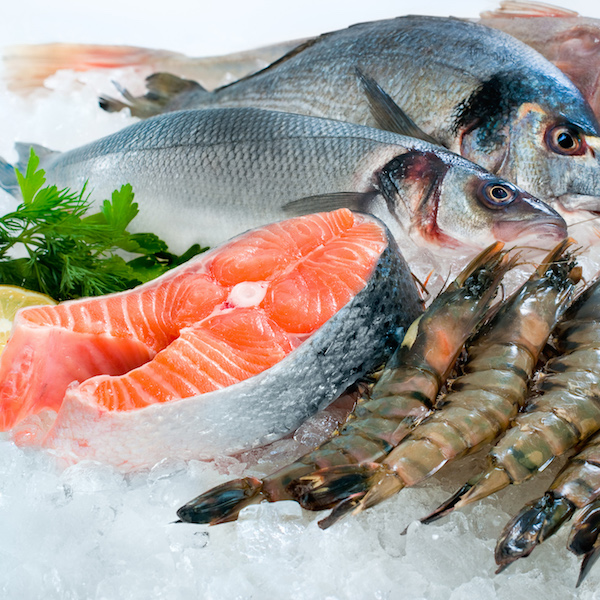More countries around the world turning to fish farms: UN
As Canadian salmon farmers push Ottawa for a Federal Aquaculture Act, the UN is also urging countries to implement proper legislation for their fish farming industry
By Fabian Dawson
SeaWestNews
More people than ever before are eating farmed fish and more countries around the world are turning to fish farms as a key source of sustainable protein, states a new report from the Food and Agriculture Organization of the United Nations (FAO).
The biannual report on the state of the world’s fisheries, released on Monday, said fish farming is the fastest growing agricultural sector for the past 40 years and is largely responsible for making more fish available.
The FAO has projected that aquaculture will account for two-thirds of the global food fish consumption by 2030.
The contribution of aquaculture to the global production of capture fisheries and aquaculture combined has risen continuously, reaching 46.8 percent in 2016, up from 25.7 percent in 2000, the report said.
It also dominates the fishing economy with two-thirds of the $362bn earned from sales.
About 3.2 billion people rely on fish for almost 20 per cent of their animal protein intake said the report.
Overfishing of wild stocks, climate change and pollution are seen as the main challenges facing global fish production.
Globally the fishing industry employs some 60 million people and there are 4.6 million fishing vessels on the planet chasing dwindling stocks.
The FAO also reports that 35% of global catches are wasted and that the number of species being overfished has tripled in the last 40 years.
Manuel Barange, director of the FAO fisheries and aquaculture department, told the Thomson Reuters Foundation, “proper regulation, legislation and monitoring and control” are needed to address concerns by critics who say fish farming can damage the environment and put disease and invasive species into the wild.
In Canada, salmon farmers are pushing for a Federal Aquaculture Act saying it is needed to address many of the issues raised in a recent audit by the Commissioner of the Environment and Sustainable Development, Julie Gelfand.
Gelfand in her report said while salmon aquaculture is a growing industry in Canada that provides an important source of fish, given declining wild fish stocks, the government isn’t doing enough to set national standards for oversight.
“A Federal Aquaculture Act can address many of the issues raised in the audit and clarify roles and responsibilities of federal regulators, critical for protecting the environment and growing sustainably,” said Timothy Kennedy, Executive Director of the Canadian Aquaculture Industry Alliance.
He suggested that the Gelfand audit and recommendations by the Independent Expert Panel on Aquaculture Science, led by Canada’s chief science advisor Dr. Mona Nemer, can provide the cornerstones for a Federal Aquaculture Act.
Canada is the fourth largest producer of farmed salmon after Norway, Chile, and the United Kingdom. The Canadian salmon farming industry is considered to have significant potential for growth due to Canada’s long coastline, cold water temperatures, and proximity to the United States market.
According to the latest Statistics Canada data, Canadian seafood farmers produced $1.35 billion of fresh, nutritious seafood in 2016. Canadian fish farming and processing activities generated over $5 billion in economic activity, $2 billion in GDP, and more than 25,000 full-time jobs for Canadians earning an estimated $1.16 billion in wages in 2016, with significant Indigenous participation across the nation.
Over 40 First Nation and Indigenous communities are now directly or indirectly involved in farming seafood in Canada. – with agencies
Related Links
Sustainable seafood, the solution for a healthier you
Asia running out of fish and seafood

